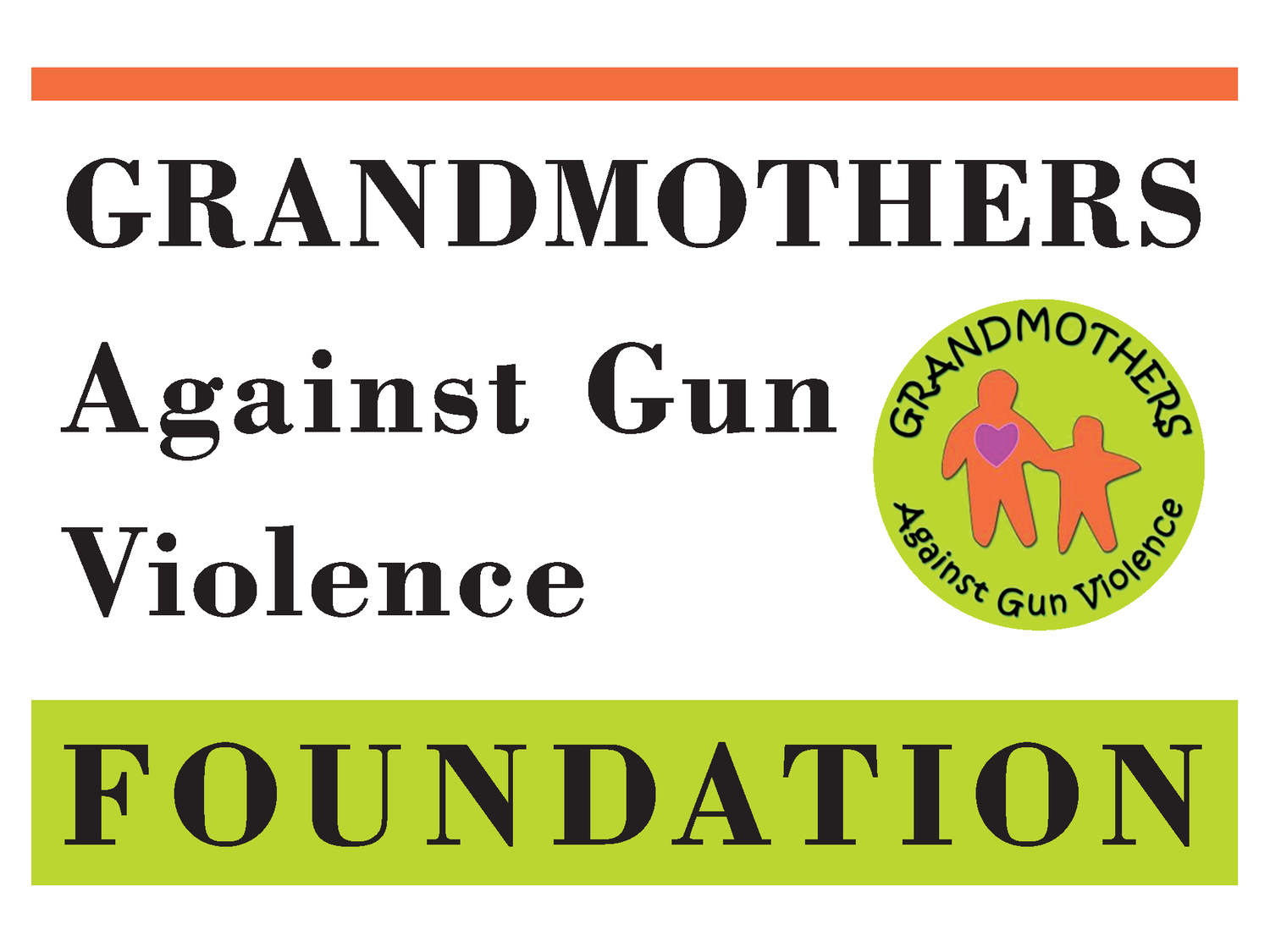Funded Research
Published Study: Threats, Violence, and Weapon Use Against Children in Domestic Violence Protection Orders
Published February 1, 2024
Virtual Program: Core issues and gaps in knowledge that inspire if not necessitate new research in gun violence prevention.
Program held on September 12, 2023
-
Research Team: Julia Schleimer, Kristian Jones, Meron Girma, Rachel Ross, Ayah Mustafa, Esprene Liddell-Quintan, Olivia McCollum, Ali Rowhani-Rahbar, Firearm Injury Policy & Research Program, University of Washington
Most firearm homicides in the US are from community violence, that is, violence that generally happens between unrelated individuals outside the home. Examples include assaults or fights among groups and shootings in public places, such as schools and on the streets. Community-based violence intervention (CVI) is a promising strategy to prevent community violence. CVI programs support individuals at highest risk of community violence involvement via harm reduction, connection to resources, and trauma-informed, healing-centered relationships with credible messengers, i.e., individuals with similar lived experiences to those they serve. Since 2022, the University of Washington Firearm Injury and Policy Research Program (FIPRP) has partnered with CVI programs in Washington to evaluate their work. Funding from GAGV Foundation will support expanded collaborations between FIPRP and community organizations in Washington focused on violence prevention. GAGVF’s support comes at a critical time when ongoing investment in CVI is uncertain but critically needed to advance momentum in the field.
-
Principal Investigator: Elizabeth Weybright, PhD, Associate Professor and Adolescent Extension Specialist in the Department of Human Development, Washington State University
Firearm injury is the leading cause of death in adolescence and access to firearms is a key risk factor. Rural adolescents are especially at risk for firearm injury due, in part, to higher rates of ownership and access within the home. This study investigates the firearm safety practices of rural families in Washington state using a qualitative approach with parents/ guardians of adolescents. Researchers leveraged a previous study of rural adolescents by recruiting parents of participants to deepen understanding of the settings in which the adolescents live and learn. Long-term, this foundational research will inform development of an intervention to promote safe storage of firearms, reduce injury, and empower adolescent engagement in family decision-making. The study aligns with the mission of GAGV in promoting safe and responsible firearm use.
-
Grandmothers Against Gun Violence Foundation is pleased to announce that it has awarded its fifth grant to the University of Washington. This is the Foundation’s first grant to the UW’s School of Social Work.
Evidence points to disturbing trends in impacts of gun ownership and exposure to firearms on the safety of children and youth. Youth firearm deaths have been increasing at alarming rates in the past two decades. In 2019, firearms were the leading cause of injury related deaths for youths ages 5-19. Moreover, youth are at a higher risk of firearm-related suicide if there is a firearm in the household. While these trends are alarming, the Foundation is encouraged by promising research that has identified effective ways to prevent youth firearm suicide. One particularly promising intervention involves lethal means safety education for parents and caregivers.
The Foundation has awarded $15,000 to support the development of a suicide prevention curriculum initially created by researchers in the Forefront Suicide Prevention Network of University of Washington. The new enhanced Asking IS Caring curriculum will be pilot tested with parents and caregivers in Washington state and will include lethal means safety training to promote safe storage of firearms and medications in the home. In addition, the curriculum will train parents and caregivers to have conversations with their youth about mental health, suicidal thoughts, and help seeking to reduce the risk of youth suicide, firearm injury and death.
This study is being led by two University of Washington researchers: Dr. Jennifer Stuber, a professor in the School of Social Work and Taylor C. Ryan, a doctoral student in the School of Public Health.
-
In June 2021 Grandmothers Against Gun Violence Foundation awarded its fourth grant to the University of Washington in support of landmark research into the societal impacts of gun violence on youth, families, and underserved communities.
The Foundation’s $50,000 grant will support the completion of “Firearm Threats and Violence Against Children and Youth in Domestic Violence Protection Orders in King County, Washington,” which is investigating the frequency and characteristics of firearm threats and violence against children and youth in King County households with Intimate Partner Violence (IPV). The study is further examining the impact of firearm removal enforcement on violence against children during the two-year follow-up period after a Domestic Violence Protection Order is granted.
The research will provide policymakers and practitioners with actionable evidence and guidance on reducing firearm-related IPV. The study is led by Dr. Alice M. Ellyson, Acting Assistant Professor in the Department of Pediatrics at the University of Washington School of Medicine; and Dr. Ali Rowhani-Rahbar, Associate Professor in the Department of Epidemiology at the University of Washington, along with University graduate students and early career researchers. Dr. Rowhani-Rahbar is also head of the Violence Prevention Section and co-director of the Firearm Injury & Policy Research Program at Harborview Injury Prevention & Research Center.
-
Dr. Ali Rowhani-Rahbar & Board Members
Dr. Ellyson & Foundation Board Members
“Scientifically rigorous research is key to reducing firearm injuries and deaths while still protecting Second Amendment rights. We know that some of our most vulnerable people are at the greatest risk of firearm injury, including children, adolescents, low-income families, racial minorities, and victims of domestic violence. Collaboration with community and government partners is critical to addressing these preventable tragedies.”




